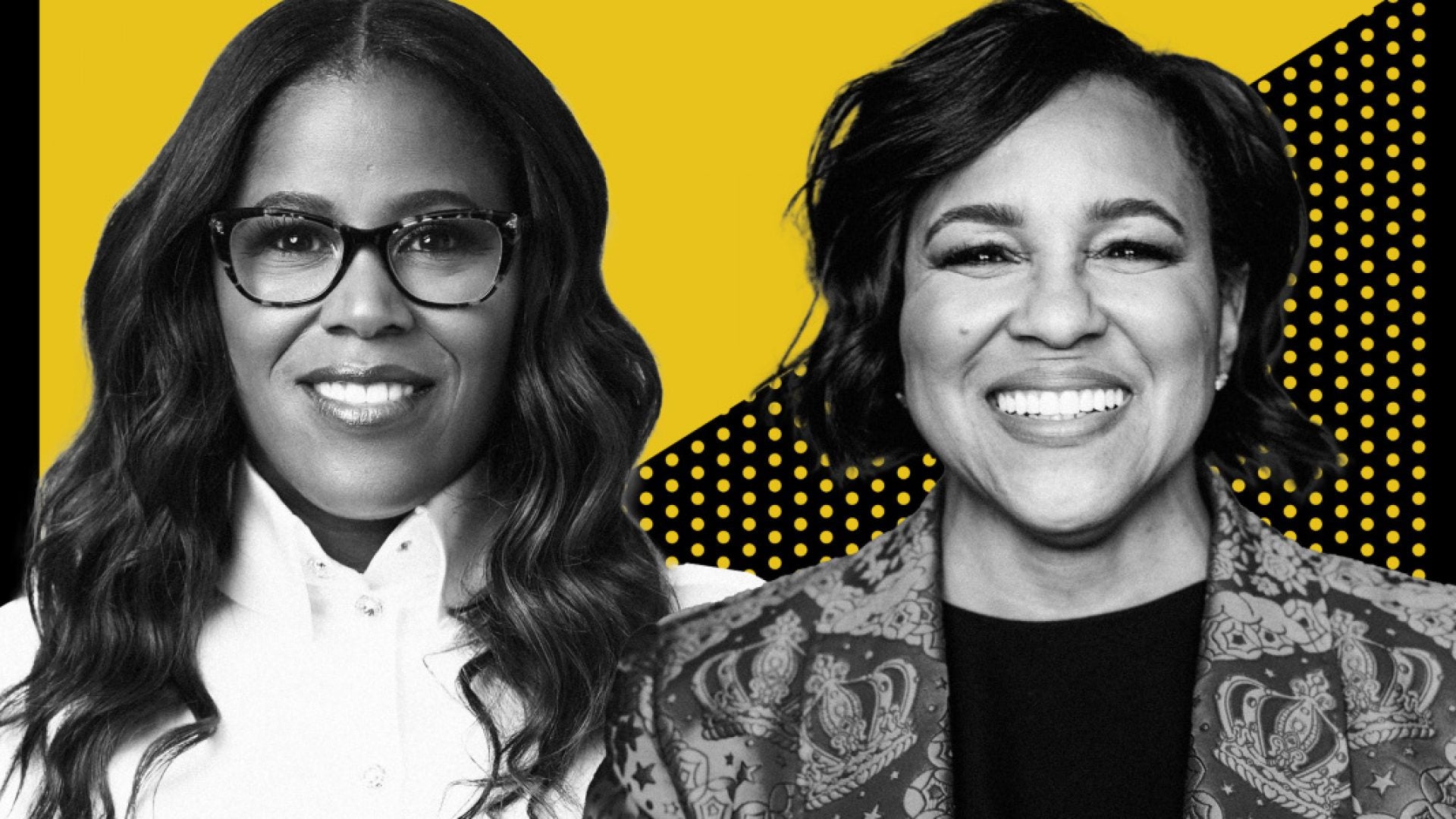
Despite every obstacle thrown against us, Black women have made and will continue to make history.
This includes Thasunda Brown Duckett and Rosalind Brewer, two Black female CEOs, who made this year’s Fortune 500 list. Duckett, of TIAA, and Brewer of Walgreens Boots Alliance, were both recognized on the prestigious line-up for outstanding leadership at their respective companies.
The annual list ranks 500 of America’s largest companies, which generated $13.8 trillion in revenue, or two-thirds of the U.S. economy. “It does not escape me that I am standing on the shoulders of giants, including the cooks and janitors and others who look like me and were first to enter corporate America,” Brown Duckett told ABC News. “They created the space for me to have this opportunity. My hope is that corporate America realizes that talent is created equally but opportunity is not, and we all acknowledge that there’s still more work to be done.”
Although this is a sign of progression, the work has just begun. Women still only make up 8.2% of Fortune 500 CEOs, with women of color making up 1.2%, CBS News reported.
The report’s data also highlighted that Black Americans account for just 5% of manager positions in the 80 Fortune 500 companies for which data were available, compared to a 13% share of the broader U.S. population (according to U.S. Census data). Hispanics and Latinos held just 6% of manager positions against an 18.4% share of the population.
This data underscores the significance of Brown Duckett and Brewer’s dual recognition on the list.
“Before Duckett and Brewer began their new jobs, only one Black woman—former Xerox chief Ursula Burns—had ever run a Fortune 500 business on a permanent basis,” Fortune said. “Burns stepped down from that role in 2017, and, with the exception of Mary Winston, who served as Bed Bath & Beyond’s interim chief for several months in 2019, Black female CEOs have been missing from the Fortune 500 ever since.”
NPR also pointed out other diversity gaps companies should take steps to improve.
“According to Equilar, a clearinghouse for corporate leadership data, 29.6% of companies on the S&P 500 do not have at least one Black board member. Today, there are five Black CEOs in the Fortune 500. When Ken Frazier retires from Merck next month, there will be four,” NPR said.
In response to the data laid out in the list, David Craig, the CEO of Refinitiv, penned an opinion piece highlighting the importance of companies publicly reporting their racial and ethnic diversity numbers.
“Publishing these kinds of numbers takes guts,” says Craig. “But it is an important step toward making meaningful progress.” And it requires a willingness to share actual numbers and not, say, report “underrepresented minorities” as a single block. “The number of companies willing to disclose granular data is disappointing,” he says. “Granular data is vital in building a nuanced picture that can then led to a nuanced response.”